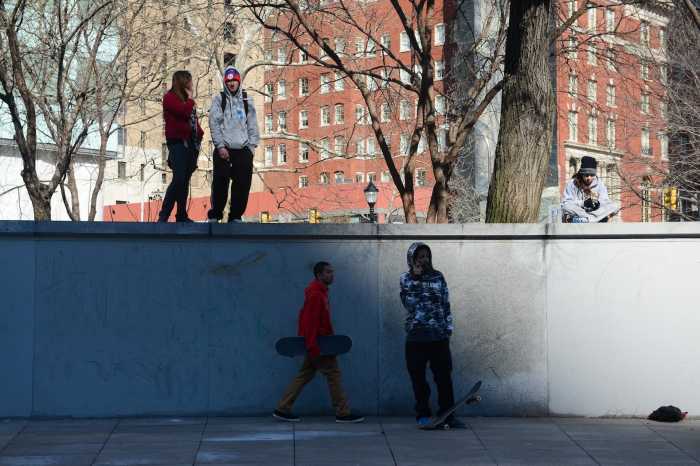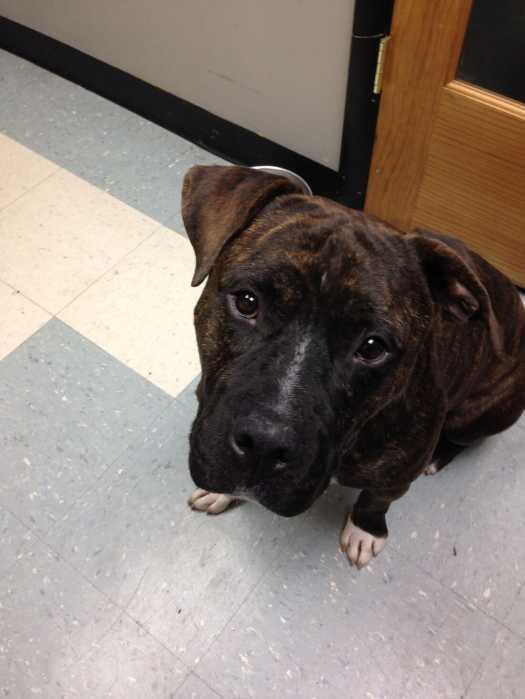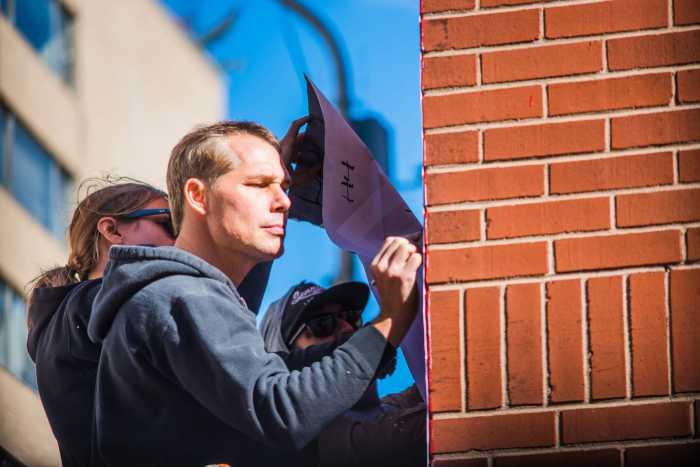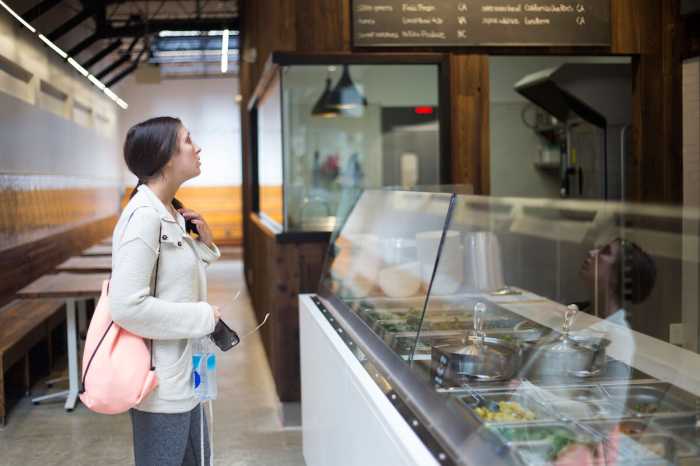Philadelphia announced last week that multiple city departments will start sharing information with citizens through the Nextdoor social network website and app.
“People want to be able to touch their representatives and city officials. They want to be able to get feedback,” said Anthony Murphy, executive director of the city’s Town Watch Integrated Services department, which is partnering with Nextdoor. “This is a way to target the people you want to talk to.” Nextdoor lets users create neighborhood-specific social network sites. To join a neighborhood, you must verify your address. The site isn’t visible publicly or on Google, just to users signed up for the same neighborhood. “Neighbors really appreciate that Nextdoor is private. You have to verify your address. You use your real name,” said Sarah Leary, co-founder of Nextdoor. “It creates a trusted environment where they feel comfortable talking about the issues that matter.” Now, city agencies including the Office of Emergency Management, the Streets Department , the Department of Licenses and Inspections and Town Watch Integrated Services, will be able to access those networks to share information with the public and get tips from citizens — a change that was popularly requested, Leary said. Philly isn’t the first city to partner with Nextdoor. New York City, Dallas and San Diego also share information with citizens through the app. But Philly is the largest city to bring so many departments on board with the information exchange, Leary said. Through the app, the Streets Department will see complaints about potholes or litter problems, said commissioner David Perri, and the Department of Licenses and Inspections can get reports on problem properties or dangerous demolitions, according to commissioner Carlton Williams. “It allows citizens to stimulate some kind of conversation,” Leary said. “They want to hear from city officials.”
But Nextdoor is still primarily a way for neighbors to communicate with each other.
“To post, you have to be prepared for the conversation,” Murphy said. “People are going to respond to you. I posted about the marijuana candy right after Halloween, I got 62 responses. … People are saying ‘thank you,’ ‘I had no idea.’” Nextdoor’s neighborhood specificity gives it an edge on social networks like Facebook, which also feature numerous Town-Watch type pages for different neighborhoods, Murphy said.
“When you’re in Nextdoor, you can pinpoint the police district or the PSA [police service area] you’re in. With Facebook, its kind of general,” he said.
Citizens without home internet connections can access Nextdoor through Philly Keyspots – internet access points set up by the PhillyRising organization, said managing director and deputy mayor Richard Negrin. “Nextdoor has been amazing really amazing for our neighborhood and really helpful for our civic,” said Ted Savage, president of the Dickinson Square West Civic Association. “Our online membership has gone from about 130 to 450 people … It’s gonna help an awful lot with block cleanups, with crime watch, with street closing and parking issues.” About 17,000 Philadelphians are already signed up for Nextdoor, which launched in the U.S. in October 2011.
Countrywide, there are 48,000 neighborhoods registered on Nextdoor.
Users can verify their addresses by using a credit card, their cell phone, or by getting a post-card with an access code sent to their home.
The network is available via the web or as a smartphone app for iPhone and Android.
‘Nextdoor’ app to connect Philly officials with neighborhoods
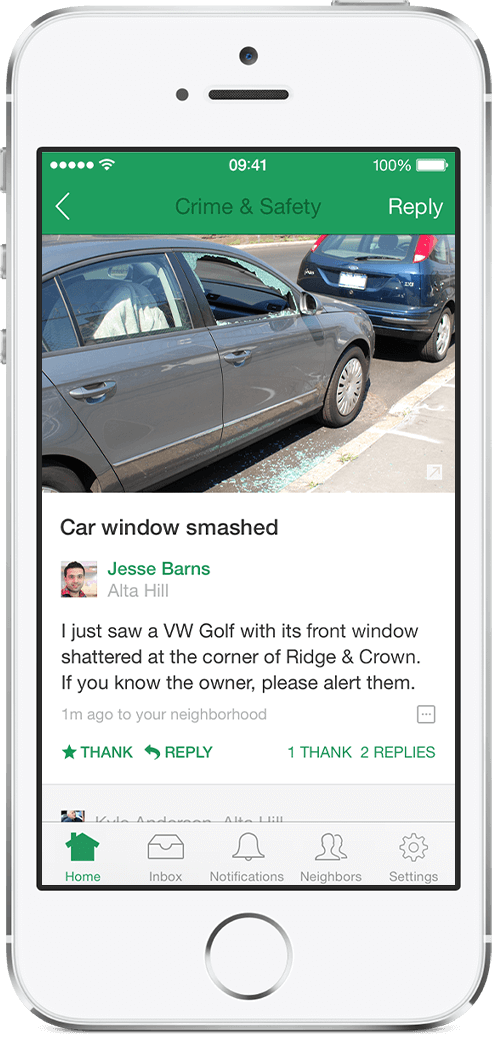
Courtesy of Nextdoor



